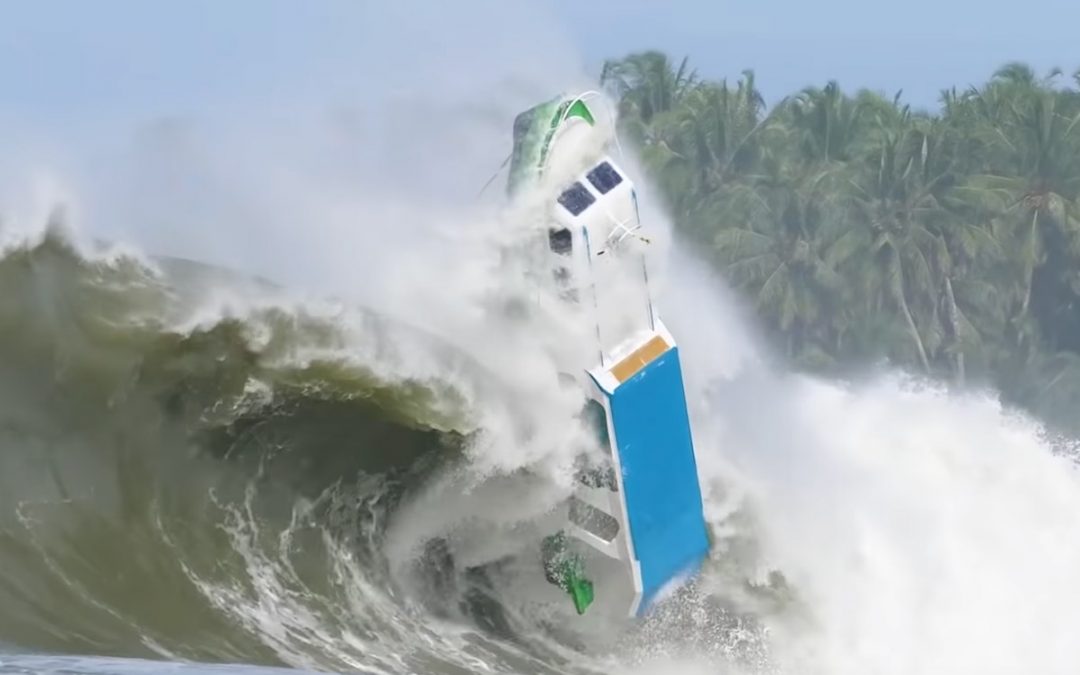
The Epic Surf Videos Of 2018
We may be only just in the infancy of 2019. But it’s nice to roll back some of the most epic surf sessions of 2018, enjoy.
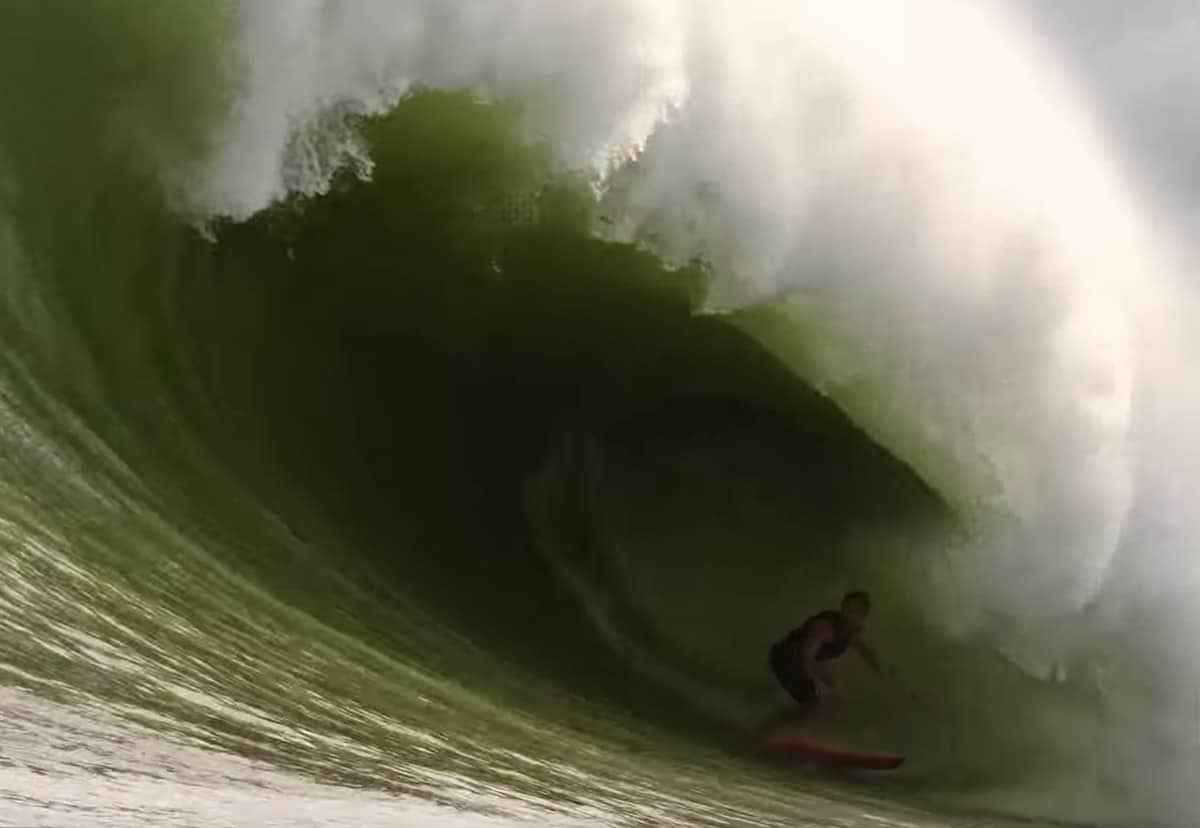
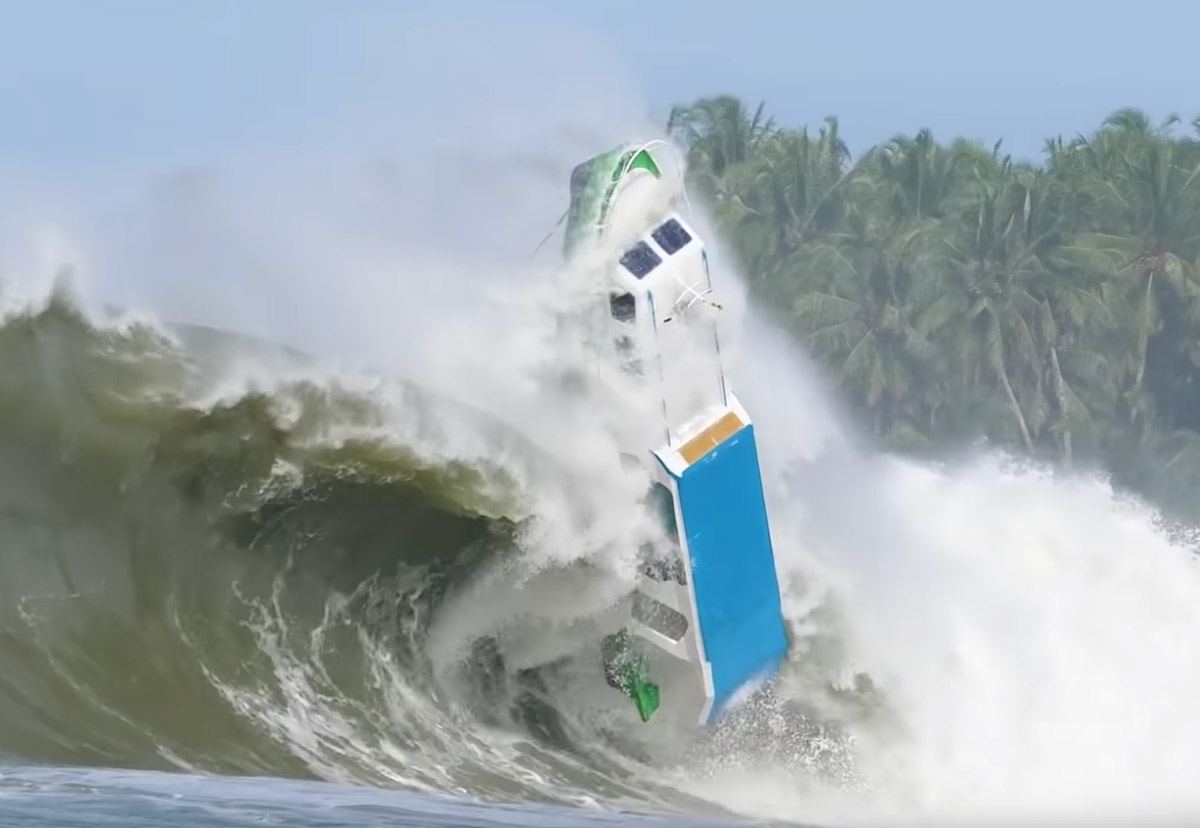
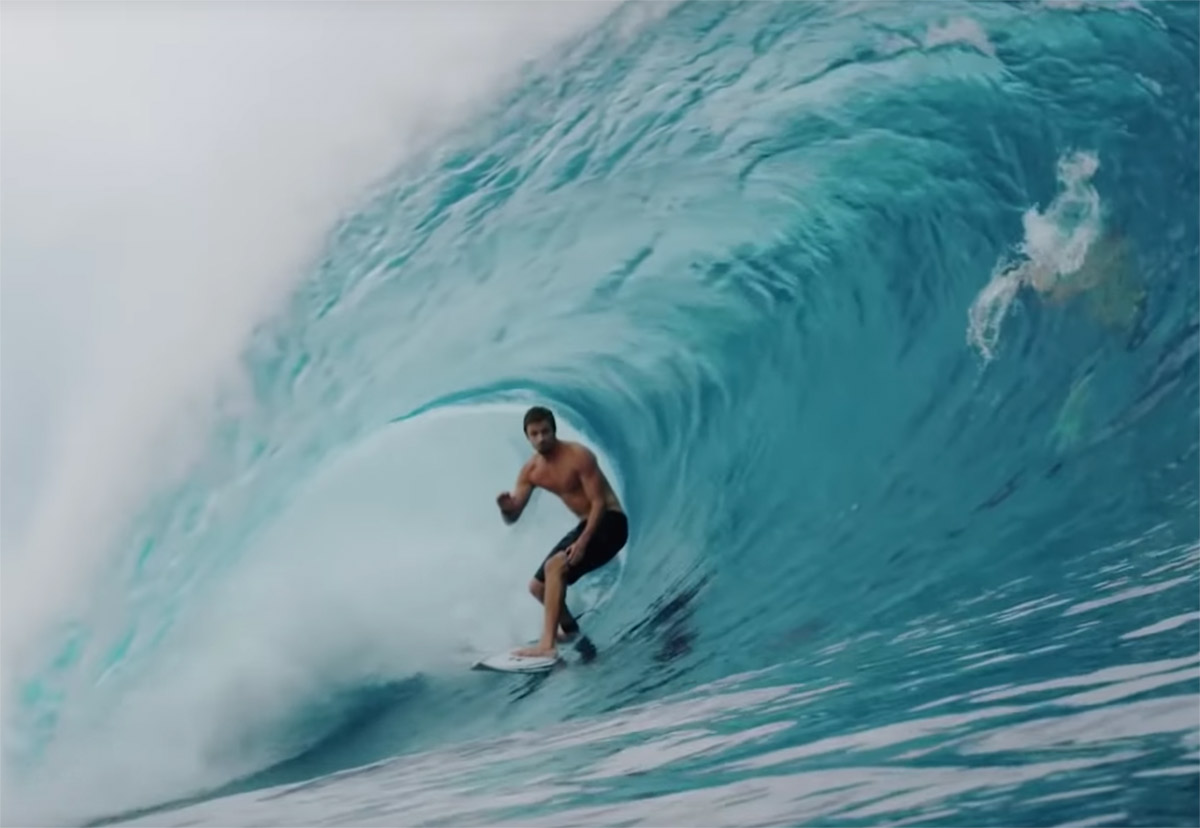

We may be only just in the infancy of 2019. But it’s nice to roll back some of the most epic surf sessions of 2018, enjoy.



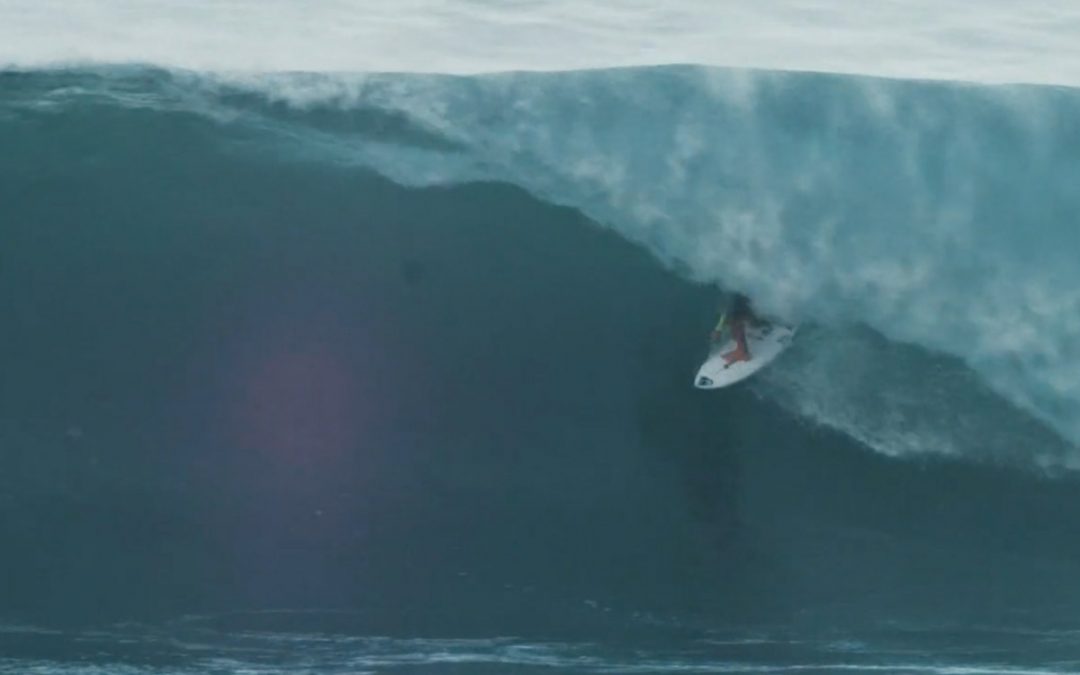
Check out the second chapter of #GOARITZ above from the Atlantic to the Caribbean, and if you missed the first edit on Hawaii, slide into it below. Yeeeeeeeeeeeeeeeew.
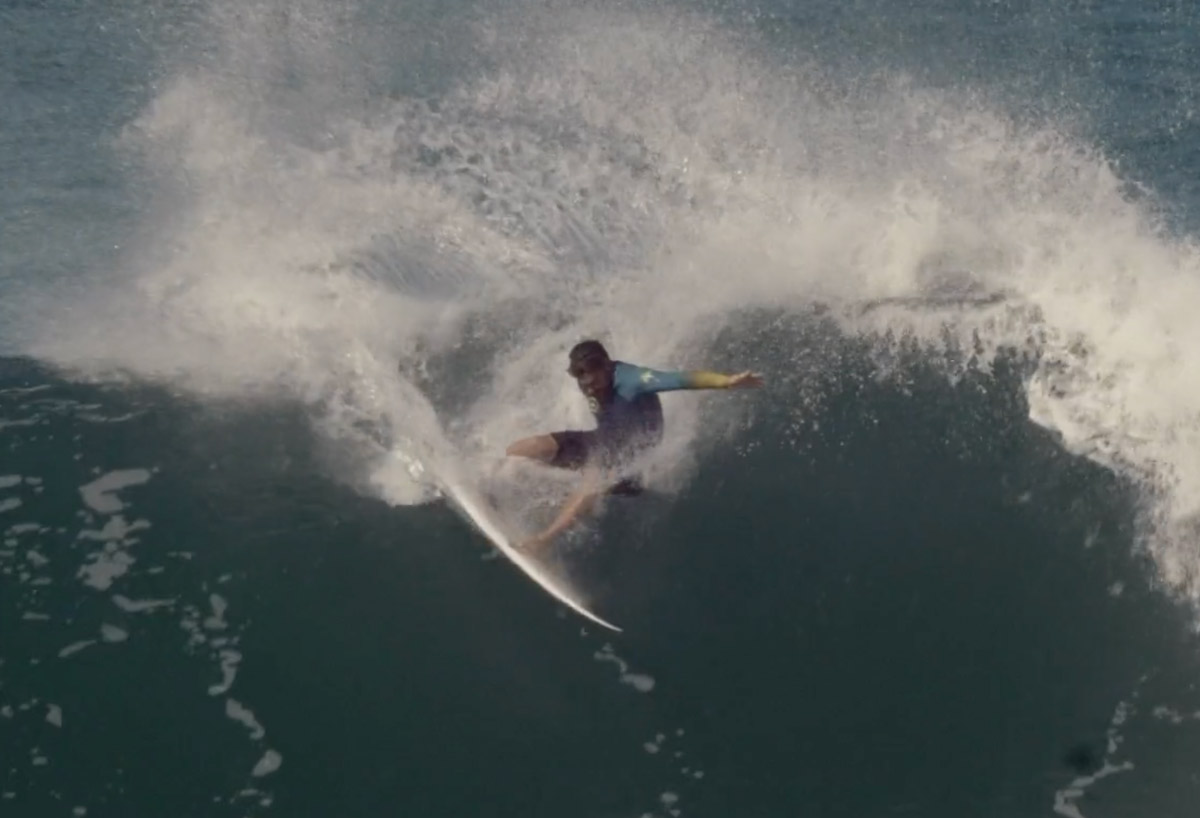
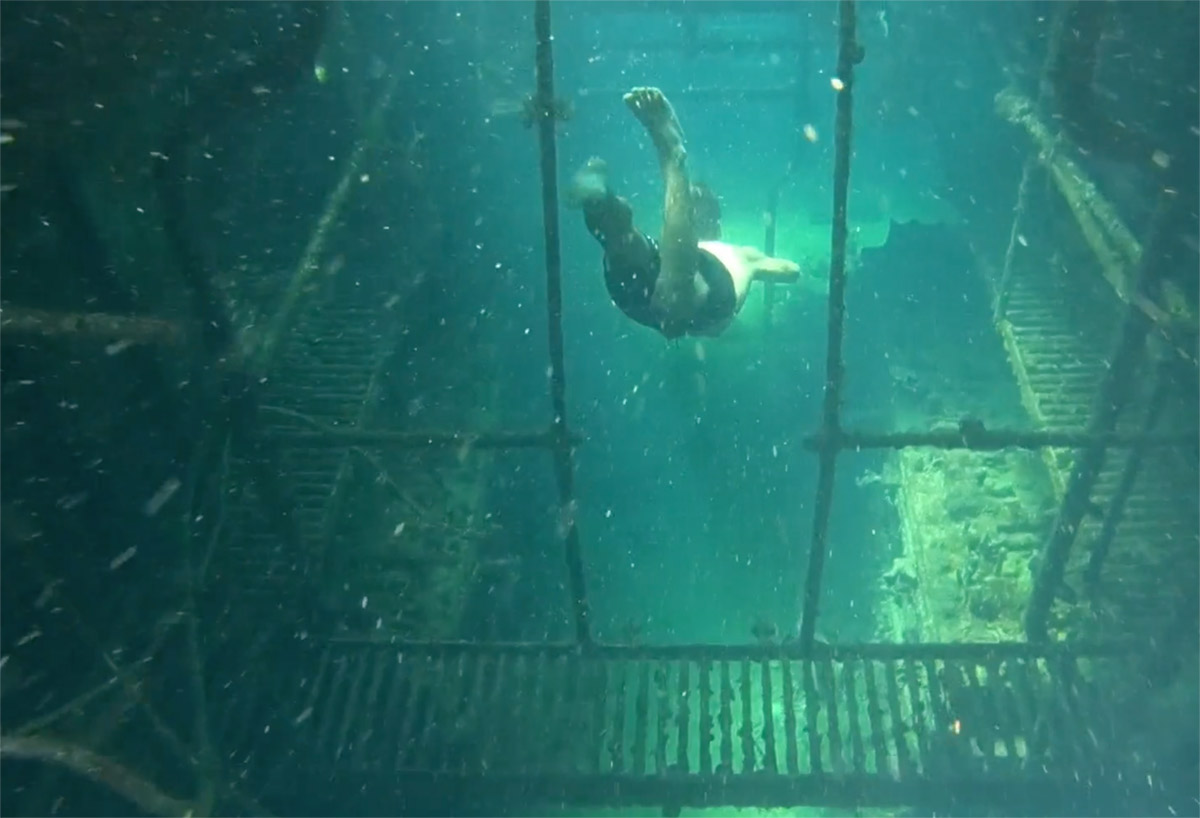
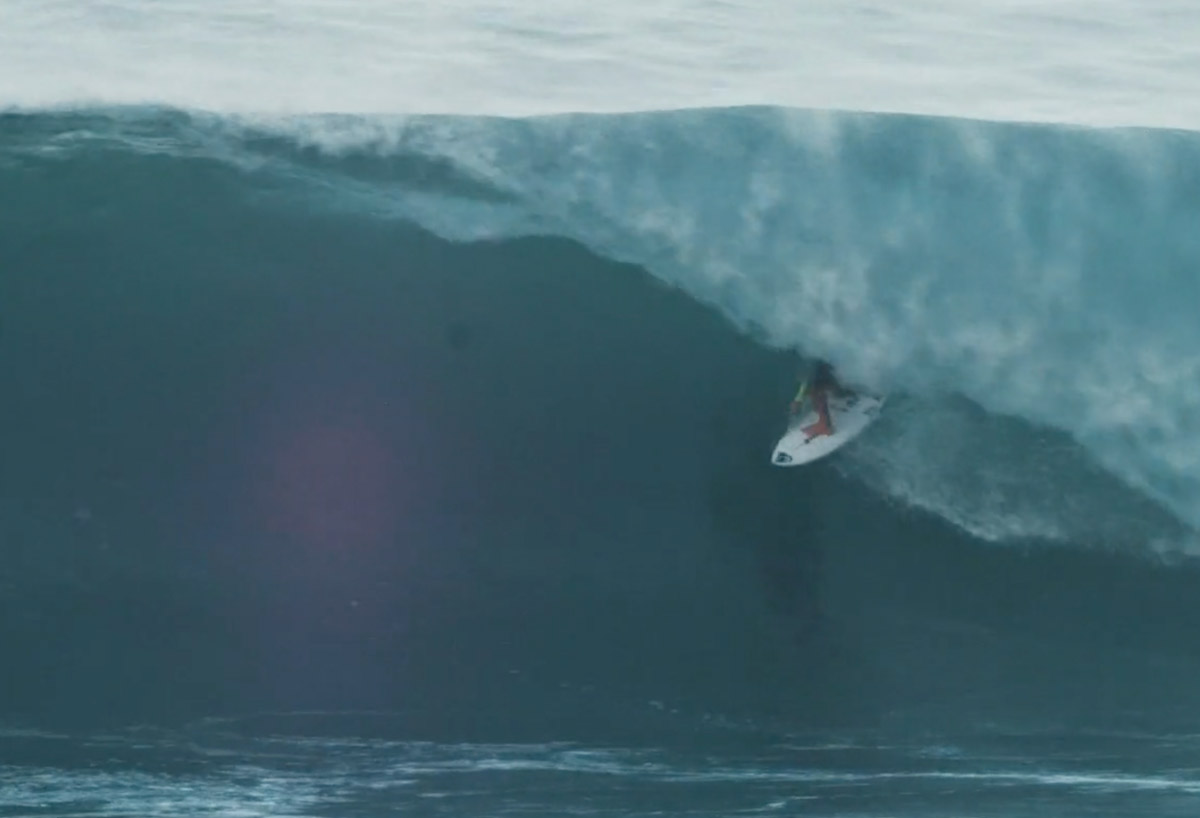
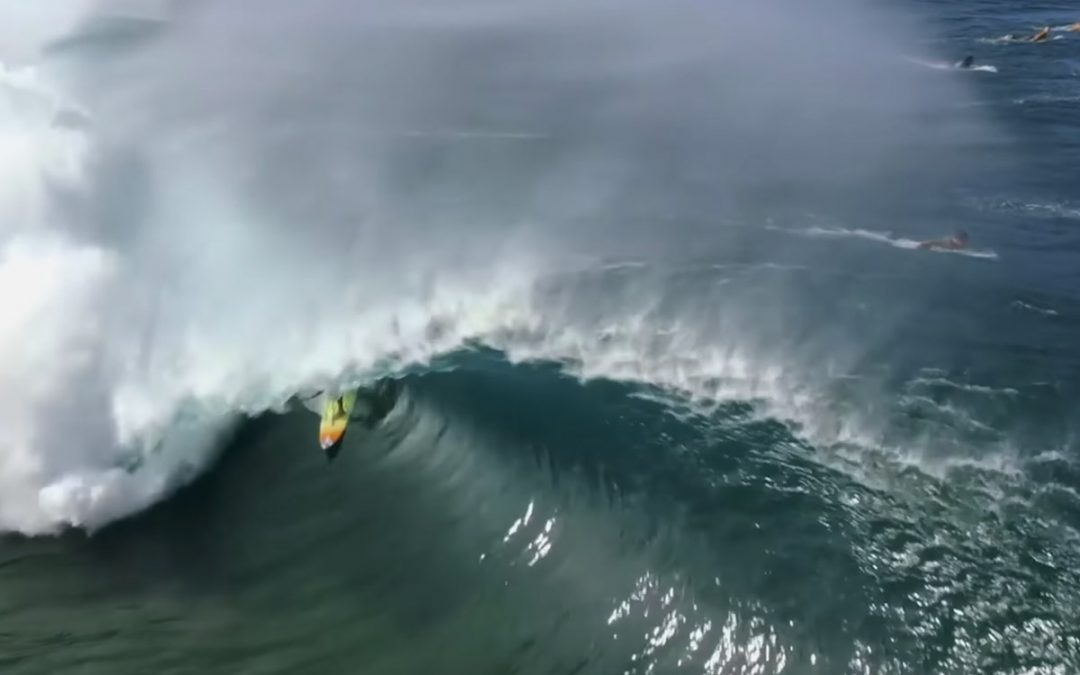
The RVCA surf team gather on the North Shore of Oahu, Hawaii every year for what we call RVCAloha. Featuring Alex Knost, Ford Archbold, Jay Davies, Colin Moran, Shane Borland, Noah Beschen, Davey Cathels, Ricardo Christie, Zoe McDougall, Nathan Strom, Danny Fuller, Landon McNamara, Tyler Newton & Makua Rothman.
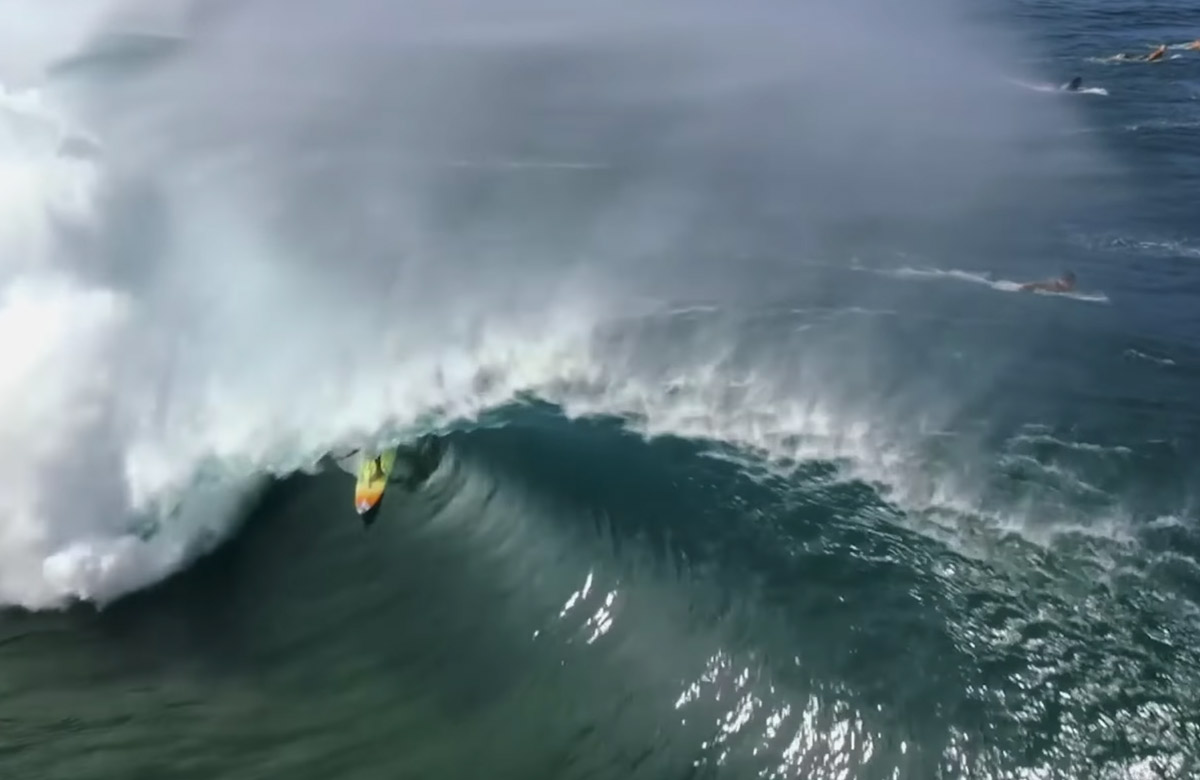
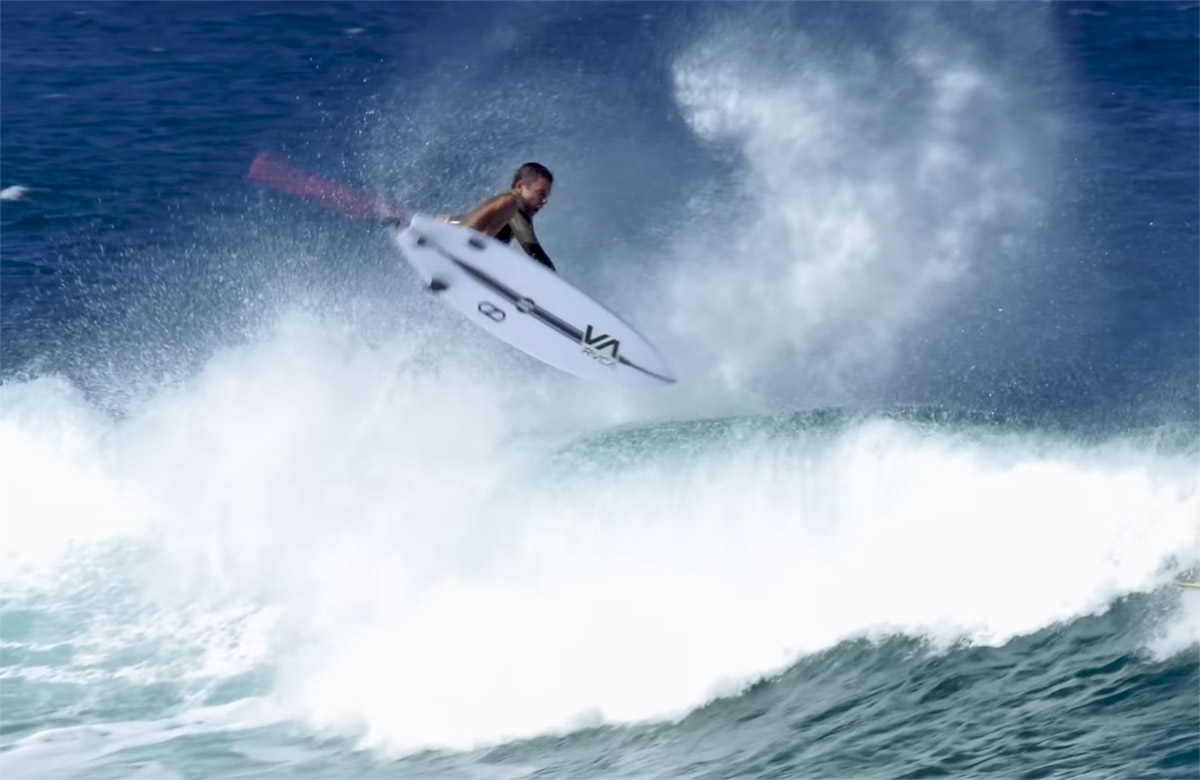
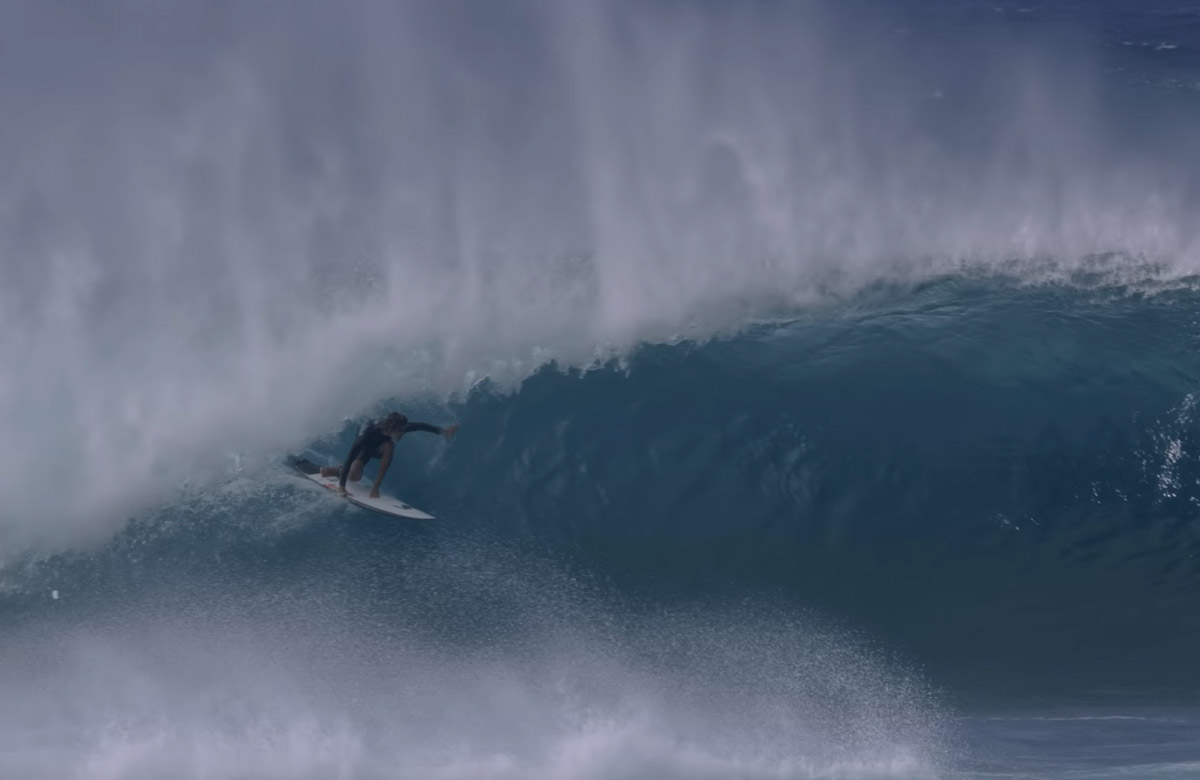
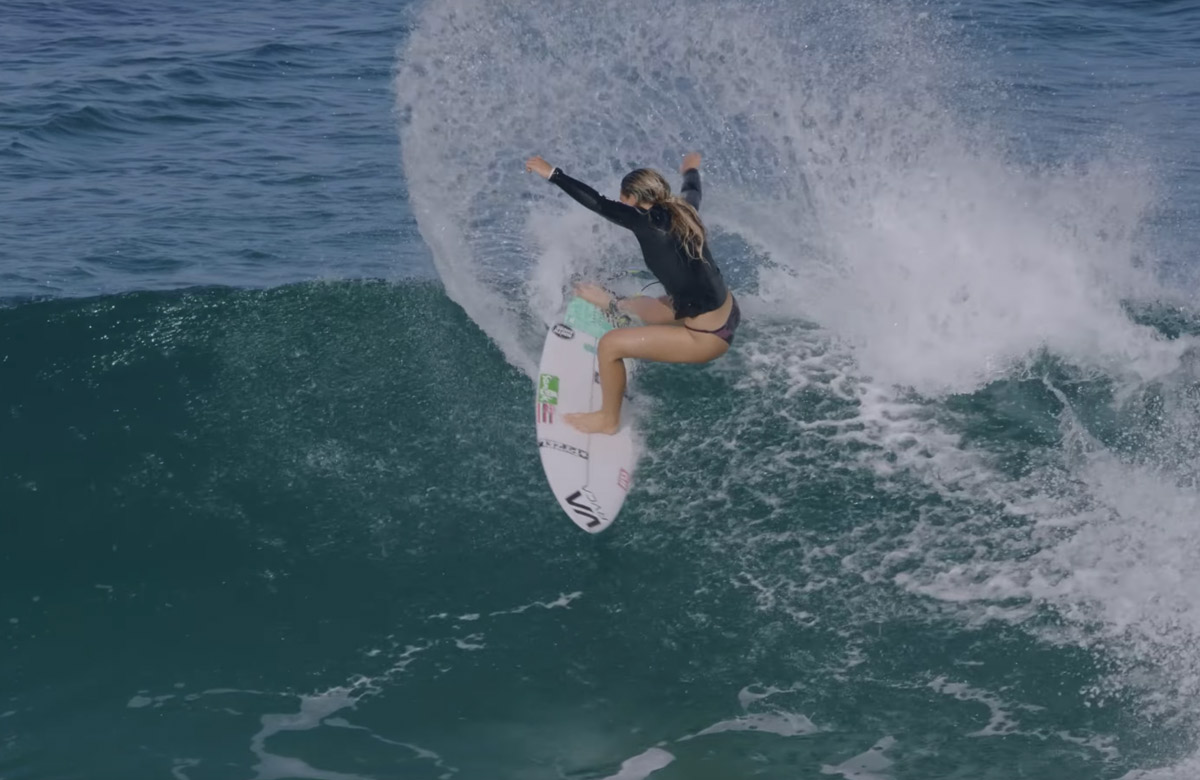
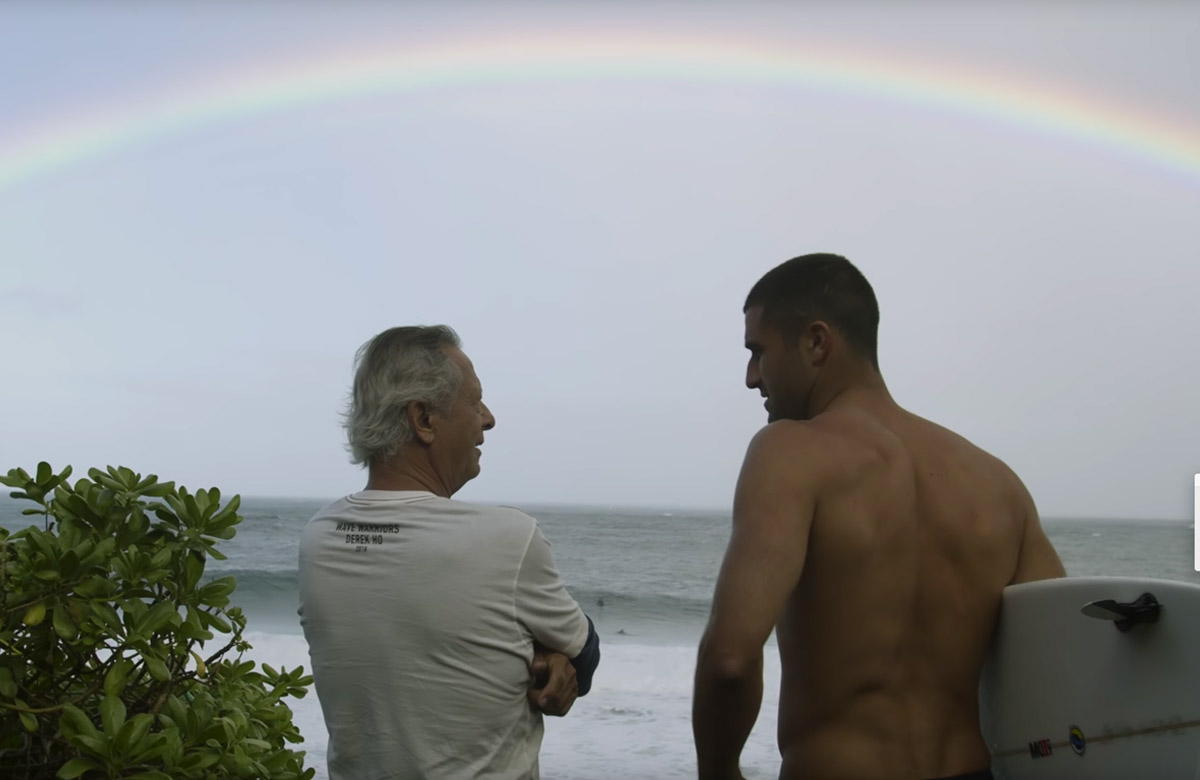

Interview by Steve England Photos by Matt Porteous
Having grown up along the rugged coastline of Jersey in the Channel Islands, Matt has surfed, dived and swum his way into a peaceful and respectful relationship with the sea. His first yellow, underwater Minolta accompanied him everywhere. It was through that simple lens that he learnt to capture the sublime beauty of nature.
What Matt photographs, perhaps, is a sense of freedom and a sense of adventure. His latest project Ocean Culture Life, built from passion alongside a friend and ocean filmmaker Googsi aims to form an ecosystem of oceanographers, free divers, surfers, filmmakers, lifeguards and ocean dreamers whose lives have been shaped by the sea. In short, OCL is a global community of positive ocean storytellers who collaborate on various projects. OCL’s team creates thumb stopping content for their network of ambassadors and charities, collectively spreading awareness on all things ocean related.
We caught up with Matt to discuss Ocean Culture Life and how he plans to harness the power of the ocean to nurture a meaningful connection between mankind and nature.

What inspired you to take the camera beneath the surface?
It’s a world that many are afraid to explore and most don’t take the time to view. It fascinates me every time I step into the water.
What’s so different about shooting underwater?
The freedom you feel, a meditated state with open eyes looking up from below the surface resembles a fast moving storm of change above. I find it hard to feel this relaxed anywhere but in the ocean. Even after hundreds of immersions, every time I descend to capture my surroundings I am arrested by that same sense of wonder and humbleness.
How does your lifestyle inspire you?
When you’re born on an island and you grow up on its shores, the ocean shapes you. You gain a certain respect for the ocean, a respect and love that only people connected with the ocean can truly understand.

Why is OCL central to what you do?
I work in a busy commercial world, my ocean life has always been my release, a personal love. I’m passionate to focus my time creating art that I feel passionate about and hopefully touching the hearts of people with the same love. There’s too much negative energy in the world, I feel motivated to create something positive.
What’s inspired you to dedicate so much of your time to a project with no clear profit?
I recently heard a quote “ There are two important days in our lives. The day we are born and the day we realise why”
My work is built on passion not money, I first wanted to share what I see with the world, now I want to invite ocean storytellers to join and share their stories with the world. Helping shine light on ocean ambassadors and projects along the way.

What is on the agenda for you and OCL this summer?
We’re currently organising a local event here in Jersey which aims to celebrate World Ocean Day. We have invited anyone with a love for the ocean to St.Ouens bay for a night walk to shine a light on change. This is all about supporting local charities, conservationists and whoever shares a similar respect for the ocean. We plan to use the content captured on this day to highlight World Ocean Day moving forward and hopefully inspire local communities around the UK to get involved and host their own awareness event.
Who are your ambassadors and what’s their involvement?
Our ambassadors are a network of like minded individuals who all share a common love for the ocean. They are freedivers, lifeguards, filmmakers, fishermen, photographers, ocean conservationists, charity founders, journalists and entrepreneurs. We may not have the same occupations, religions or even locations but we all share the same respect for one thing… our oceans. Which is why we all depend on OCL to become the platform to collaborate and support hot topics, pressing issues and help steer change to healthier oceans.

Where does your funding come from?
Money raised from print sale’s, merchandise and corporate sponsors are all put back into funding OCL projects, capturing powerful content which tells a story. Each item of OCL merchandise holds a token value which individuals can award to their chosen OCL cause via our website. The token scheme allows us to record which topic our community would most like us to support with our award winning content. All profit is then injected back into creating content for our ambassadors and charities.
What motivates you to continue doing what you’re doing?
The privilege to share our experiences with the world how OCL observes, records and celebrates the cultures of the oceans with communities and our audiences. What better than working in the vast oceans to highlight issues, bring them to the surface and make a difference in restoring healthy oceans?
Telling the ocean’s story with all its wild power and beauty is what drives us on, that’s how our project Ocean Culture Life started. The more we all understand the ocean, the more we appreciate and want to protect it.
Follow Matt on Instagram here
Check out what they are doing and get involved at oceanculture.life

Interview by Steve England Photos courtesy of Finisterre
So you took the big step of becoming a B Corp company. What is this and why is it important to you?
Yes this was a big moment for us. It takes nine months to become certified and B Corp stands for Benefit Corporation, the aim of B Corp certified businesses is to use business as a force for good. To become a B Corp we underwent a rigorous assessment process that looks at every area of the business. You’re scored against strict criteria, from your operational footprint (our C02 emissions and environmental impact of our business operations in general), to labour conditions throughout the supply chain (ensuring that our suppliers meet regular quality assurance reviews or audits around third party social and environmental standards) as well as accountability and transparency (ensuring that we are open and honest about how we operate as a business e.g. allowing customers to easily find out where stuff is made and what it’s made from). If you exceed their rigorous standards, you become B Corp certified. For me an important part of becoming a B Corp was that we had to alter our articles of association (logged at company’s house), meaning we have a legal commitment to a responsibility towards our environment, people, suppliers and communities.

What kind of sustainable goals have you had to build into the business to achieve this?
We didn’t have to build any in; sustainability is part of our founding purpose and is what we’ve been doing for since 2003. Achieving B Corp certification is both a recognition of this, as well as giving us areas for us to work and improve on as a business – things we are already starting to put into place.

Now you’ve achieved it, what’s the biggest lesson you have learned over the 15 years in business?
It’s all about keeping momentum, you have to be able to work it out as you go along.If you wait for everything to perfectly line up you will miss it – six or 7/10 is good enough to go for it! At the moment we seem to be at a turning point with marine plastics, yet every day on the news I see really mind numbing reports of human stupidity in business, politics and race/religion. Where do you think we are at as a race in the bid to save ourselves from ourselves? Yes there’s a lot of depressing stuff out there; I’d like to think of myself as a realistic optimist. By this I mean I don’t think there’s going to be some magic wand that will solve all these problems, but if organisations, activists, scientists, politicians and businesses really work collectively, I do believe we can effect change – we need to get on with it though! I think you’re going to see businesses play an even more important role in this, but people have to get involved, pick their battles and fight for what they believe, then get others to do the same. I guess the empowering thing is that anybody can get involved.

In the surf business there are certain companies trying to take a lead and drive past fast fashion into sustainable production models that achieve fair trade, fair wages right through the production chain. Do you think this is having an effect?
This is really great to see and something that Debbie, our product director, works on and has done for many years. Companies have to take a stand and let customers know what is going on. It’s then up to the customer to decide whether this a company that they want to buy from as it aligns with their values, or not buy from because it isn’t transparent and cannot answer such questions.
So when you first set up I said “Never discuss business down the beach” because your local has to be somewhere you can escape the 9-5. Do you think I was right, and do you manage to escape the 9-5, or do you always feel responsibility, or have things about business on your mind.
Ha, ha, I remember that and it’s something that has stuck with me! Yes I do think you were right (thanks)! I really value my time in the water, and often I really do escape and switch off. I’ll get in even when it’s not that good and always try and appreciate the fact that I can just get in the sea.

What has been the funniest moment you can think back on in your time at Finisterre?
I can remember laughing a lot on our early trips to Scotland, Norway, Ireland; we were a small, tight crew that knew each other like brothers. They were great times that I hold close; we were really flying by the seat of our pants. Getting Carlos Burle as our first ambassador was pretty funny. Ernie and I hired a van, picked him up from the airport, collected Al Mackinnon from a train station somewhere and we all drove to Ireland. I can remember Carlos asking how big the company was and we replied “You’re looking at half of it!” I think he thought there were 100 people in the business…he was a top 10 big wave surfer that had come from Brazil! But he couldn’t have been a cooler and more down to earth guy – we got some great waves.
What is in your quiver?
A 5’6’’ Gulfstream Skipper, a 5’8” Omni and a 6’8” bonzer egg for those bigger Cornish days! All pretty fast and fun boards for most of the waves we get down here.

How is the wetsuit recycling programme going?
The more I hear about our wetsuits the more dread I have. Like neoprene is so widely used (In cars, industry etc) more than I ever imagined, and people have tried to recycle or upcycle for a long time, but all that neoprene is still with us. Is there a chemical recycling solution? It’s early days still but something (as we know!) I’m pretty into. Our outlook is to use innovation to achieve a sustainability agenda, as well as making wetsuits that really last. I’m pretty sure we have the only full time wetsuit recycler in the world and her brief is simple – to find a way to make wetsuits from wetsuits and introduce closed loop manufacturing into the wetsuit industry. The environmental footprint of neoprene is huge and something that we need to do something about – potentially 380 tonnes a year into landfill in UK alone – and that’s only surfing! We are working with a professor of materials re-engineering department at Exeter University to help us look at all possibilities, including looking at radical alternatives to neoprene. The first stage is always to think about recyclability as early as possible in the design process. We’re planning on testing a run of recyclable wetsuits this Autumn.
Where do you go next?
It’s strange, I’ve been doing this now for 15 years and it feels as if we are only just getting going! There is so much we can do in terms of innovating around more sustainable ways of making product, as well as better ways of running the business and using it as a force for good.
Follow Finisterre on Instagram here